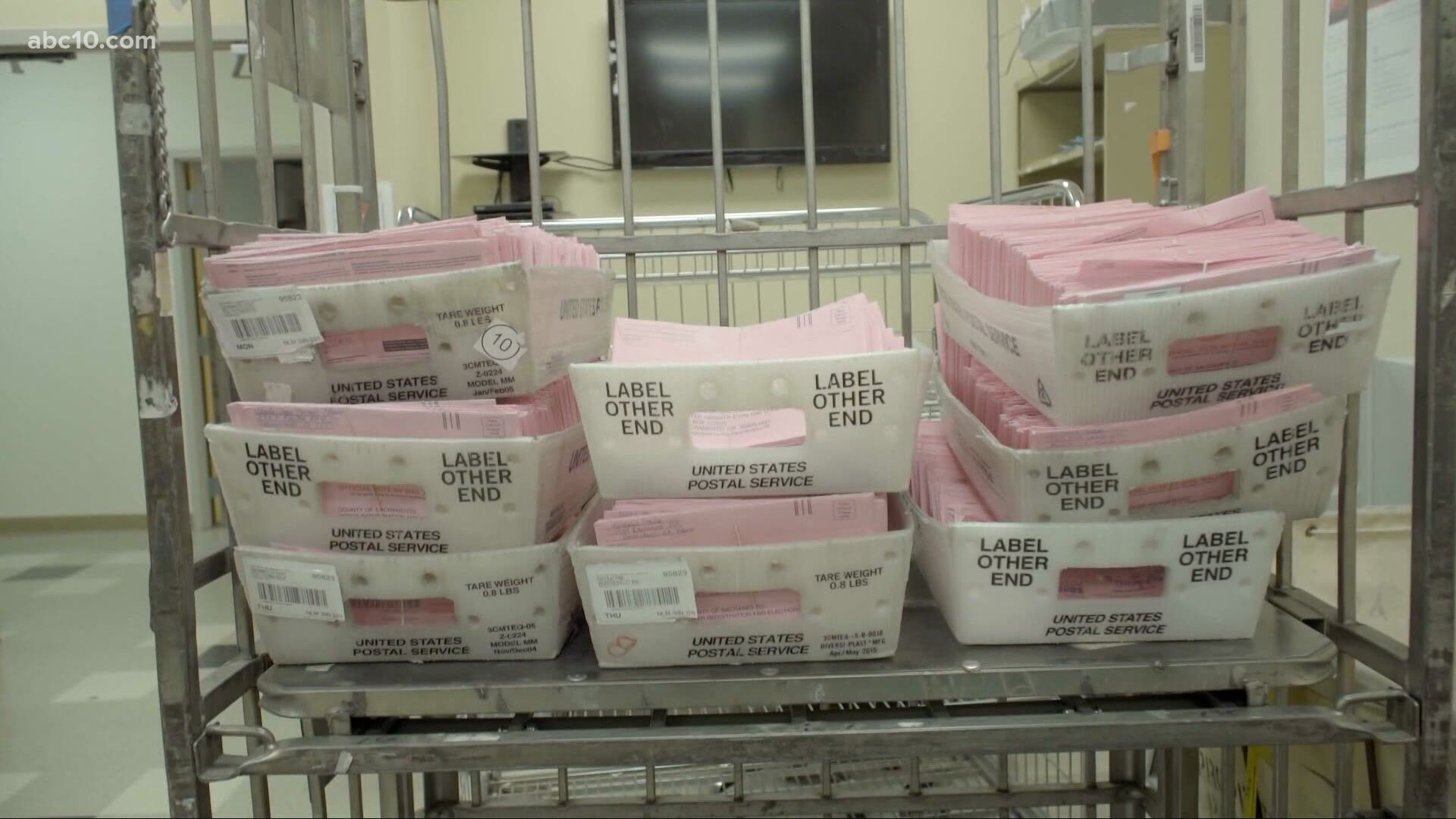SACRAMENTO, Calif. — The term “ballot harvesting” is all over the news after the California Republican Party admitted to placing "unofficial" ballot drop boxes in a number of counties around the state.
Elections officials say it is illegal, but Republicans argue the drop boxes are a legal form of ballot collection.
Kim Alexander, president and founder of the California Voter Foundation, said ballot harvesting is also known as “third party ballot return” and it allows a designated person to deliver a voter’s ballot for them. The process isn’t new but how it’s conducted and what is allowed has changed over the years.
Prior to 2013, a voter had to be ill or disabled for someone else to return their ballot for them. Plus, that person had to be a family member or a member of the same household.
After 2013, the law was changed. Being ill or disabled was no longer required. A family member or a member of one’s household could return ballots.
In 2016, the law changed again thanks to Assembly Bill 1921. Now, anyone could return another person’s ballot and there was no limit on how many ballots a person could return.
However, as Alexander explained, there are requirements. A person cannot take compensation for returning a ballot, they have to provide their name, their relationship to the voter, and their signature on the envelope for the voter whose ballot they’re returning.
“The law says any person may turn in a ballot on behalf of someone else,” Alexander explained. "It doesn’t say any person can set up a box in front of their house and invite people to put their ballots in it and then go turn them in. There’s a degree of in-person interaction that is supposed to take place in this law.”
She admits the current situation is gray area.
“We’re kind of in a bit of unchartered territory with this issue with the GOP with these boxes and we’ll see if it goes to court,” said Alexander.
Continue the conversation with Mike on Facebook.

